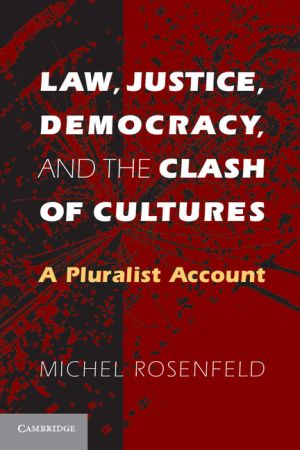
The Cold War ideological battle with universal aspirations has given way to a clash of cultures as the world concurrently moves toward globalization of economies and communications and balkanization through a clash of ethnic and cultural identities. Traditional liberal theory has confronted daunting challenges in coping with these changes and with recent developments such as the spread of postmodern thought, religious fundamentalism, and global terrorism. This book argues that a political and legal philosophy based on pluralism is best suited to confront the problems of the twenty-first century. Pointing out that monist theories such as liberalism have become inadequate and that relativism is dangerous, the book makes the case for pluralism from the standpoint of both theory and its applications. The book engages with thinkers, such as Spinoza, Kant, Hegel, Rawls, Berlin, Dworkin, Habermas, and Derrida, and with several subjects that are at the center of current controversies, including equality, group rights, tolerance, secularism confronting religious revival, and political rights in the face of terrorism.